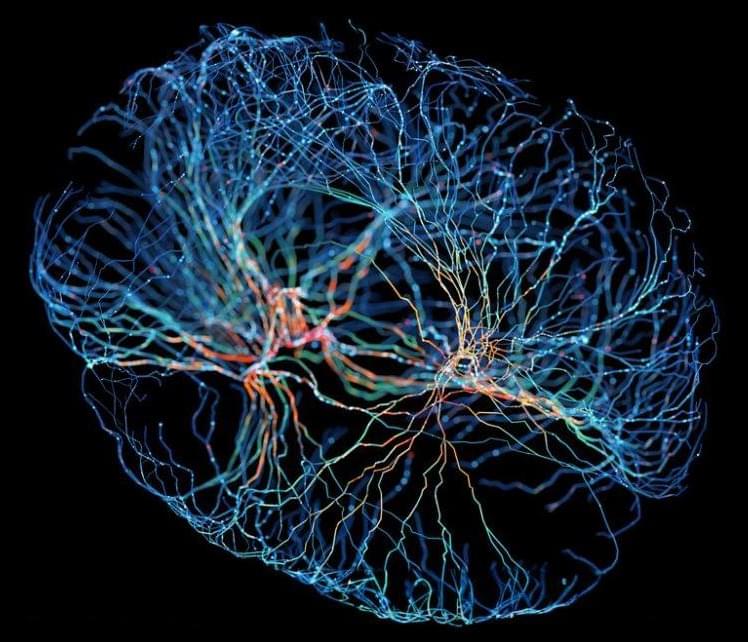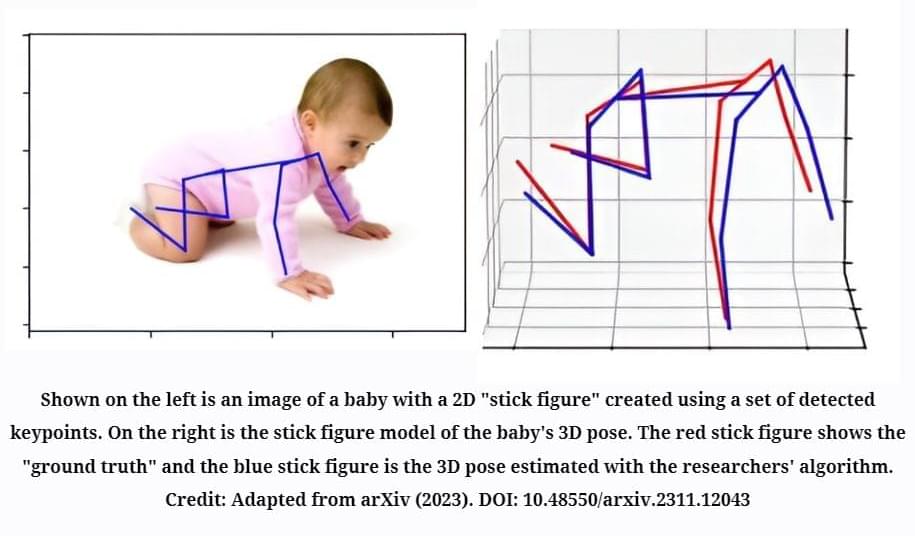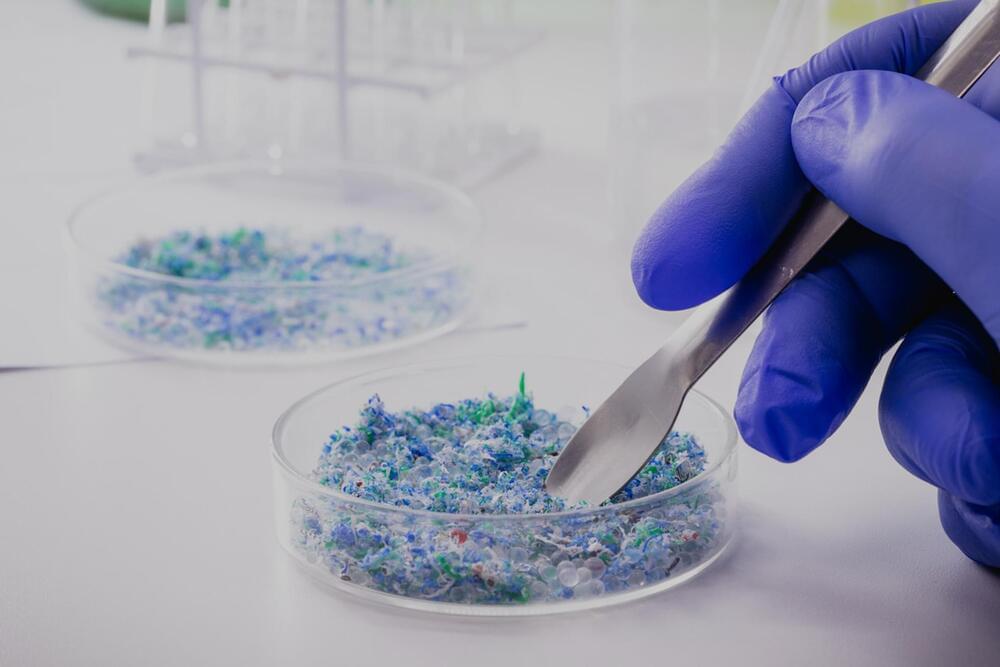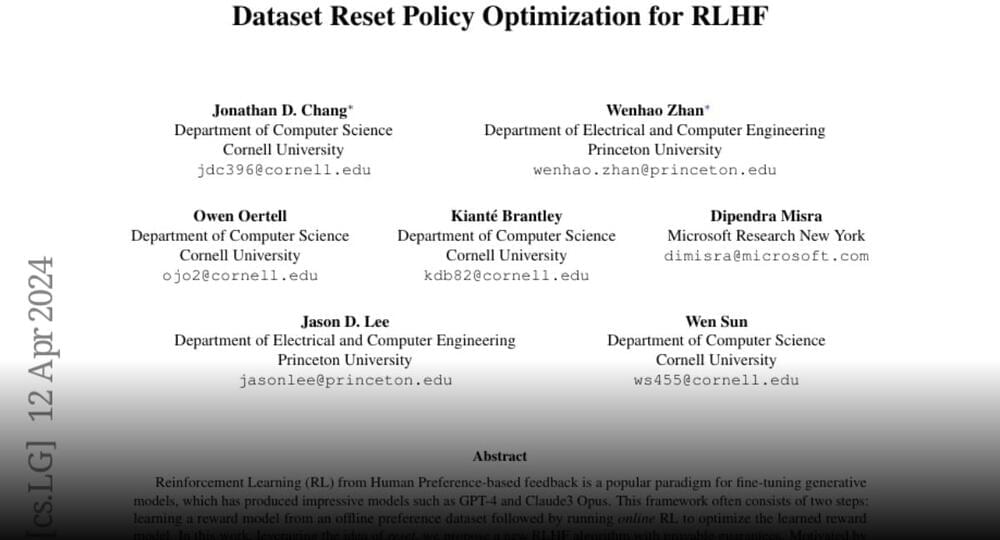Apr 15, 2024
‘Cosmic Cannibals’ Expel Jets into Space at 40 percent the Speed of Light
Posted by Natalie Chan in category: space
For the first time, astronomers have measured the speed of fast-moving jets in space, crucial to star formation and the distribution of elements needed for life.
The jets of matter, expelled by stars deemed ‘cosmic cannibals’, were measured to travel at over one-third of the speed of light — thanks to a groundbreaking new experiment published in Nature today.
The study sheds new light on these violent processes, making clever use of runaway nuclear explosions on the surface of stars.


















